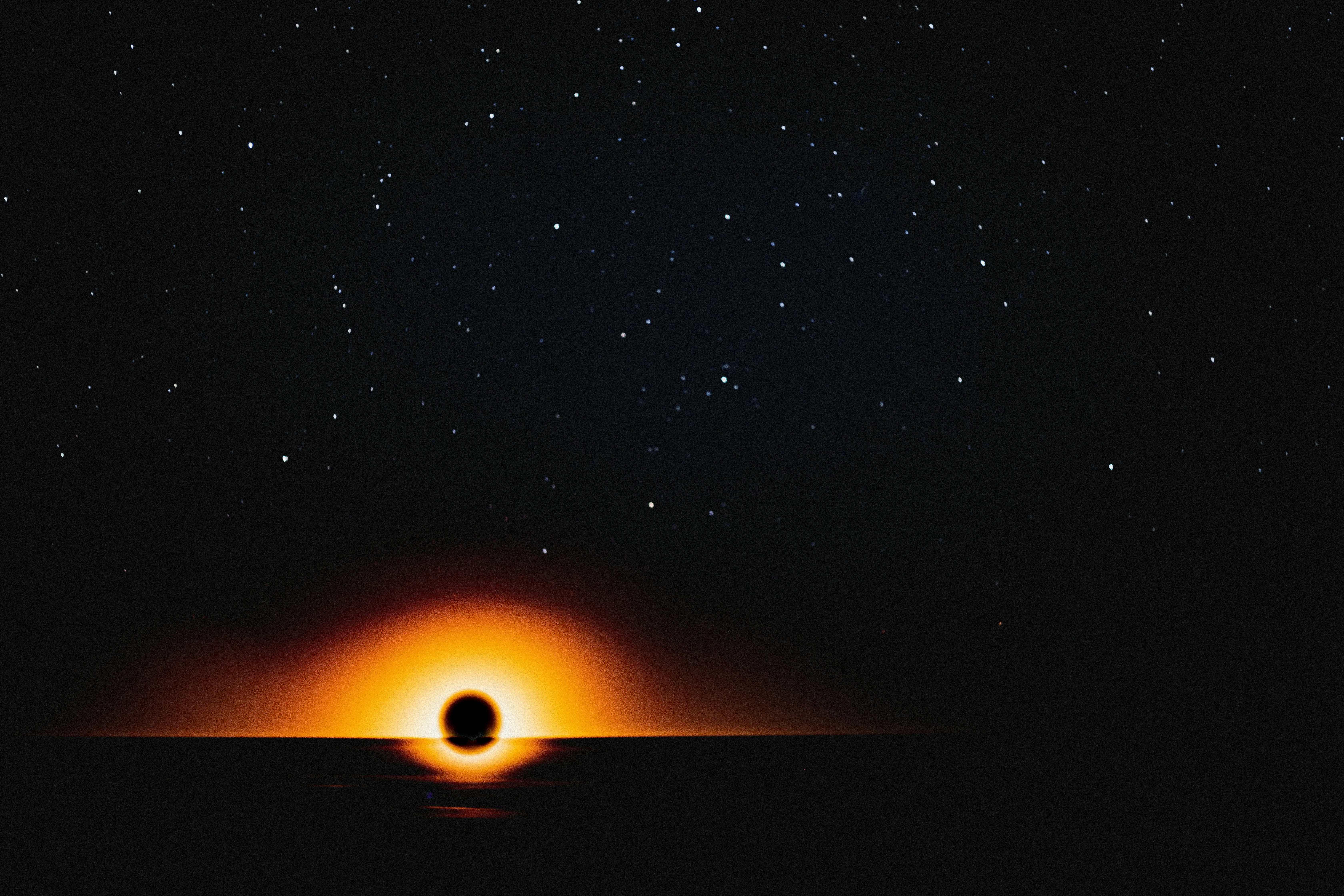Black Holes: Potential Engines Of Universe's Dark Energy

In a groundbreaking theory, researchers from Durham University, in collaboration with the Dark Energy Spectroscopic Instrument (DESI) mission, suggest that black holes might be transforming matter into dark energy. This new perspective could significantly change our understanding of cosmic evolution.
The team combined data from DESI with observations of the cosmic microwave background (CMB) to create a novel model of the universe's components. This model suggests that as stars collapse into black holes, a process begins that gradually converts infalling matter into dark energy. This transformation aligns with the cosmic star formation rate, evolving naturally over time to match astronomical observations.
Recently, DESI's findings hinted that dark energy's influence isn't as constant as previously thought. This new study proposes that black holes might be the driving forces behind this mysterious energy, while also shedding light on the mass of fundamental particles known as neutrinos.
Neutrinos are elusive particles whose mass, although greater than zero, has been difficult to measure. Traditional models of the universe, where dark energy remains constant, suggest a matter budget too small, leading to the unlikely scenario of negative neutrino masses. Dr. Willem Elbers and his team at Durham's Institute for Computational Cosmology proposed that evolving dark energy could explain this discrepancy, a theory now supported by their latest model bringing neutrino masses into a positive range.
The DESI mission, involving over 900 researchers from more than 70 institutions, is managed by the U.S. Department of Energy through the Lawrence Berkeley National Laboratory. Over its five-year span, DESI aims to map the universe's large-scale structure across a vast range of cosmic epochs. Durham University, contributing experts from its Institute for Computational Cosmology, Centre for Advanced Instrumentation, and Centre for Extragalactic Astronomy, plays a vital role in these efforts.
Published in Physical Review Letters, these findings could fundamentally alter our understanding of the universe's evolution. As researchers continue to explore these groundbreaking ideas, the mysteries of dark energy and neutrinos may soon be unraveled.